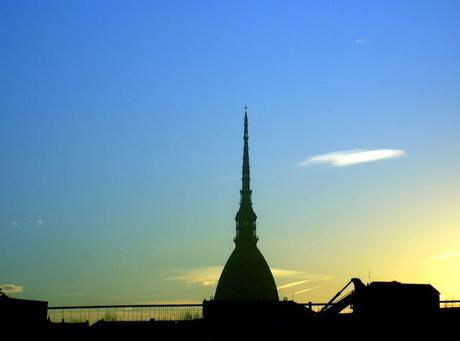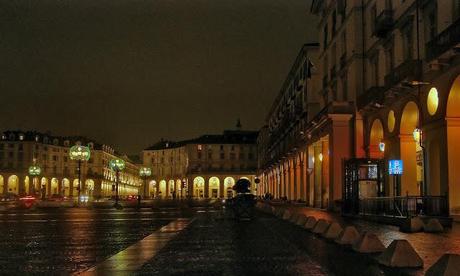

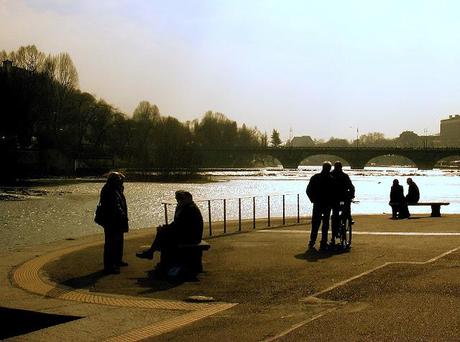
Few people know, however that, until a century ago, Turin was the capital of cinema, city of film industry's national image. Elect place for those who created dreams, artistic works made of pictures and music, thanks to rich film productions now forgotten.
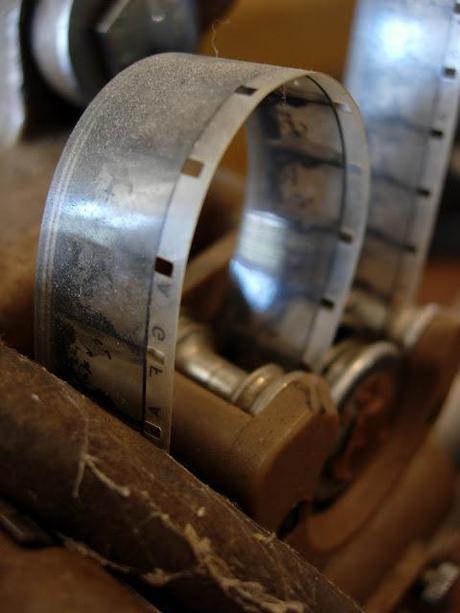
"Cenisio Film", "Itala", "Ridolfi Film", "Società Anonima Ambrosio", "Eula film", "Fert", "Film Artistica Gloria"; are names that only few know, maybe just movie experts. But it is thanks to these productions that the Italian film industry, just after the great invention of the brothers Auguste and Louis Lumière, in the early '900, built its fame.
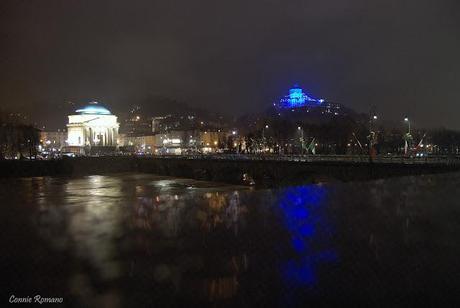
Just before the first World War, in 1914, the director Mario Pastrone, following the script of the great writer Gabriele D'Annunnzio made in Turin the first Italian colossal: "Cabiria", a film which enjoyed great international success, being on the bill for six months in Paris, and for almost a year in New York.
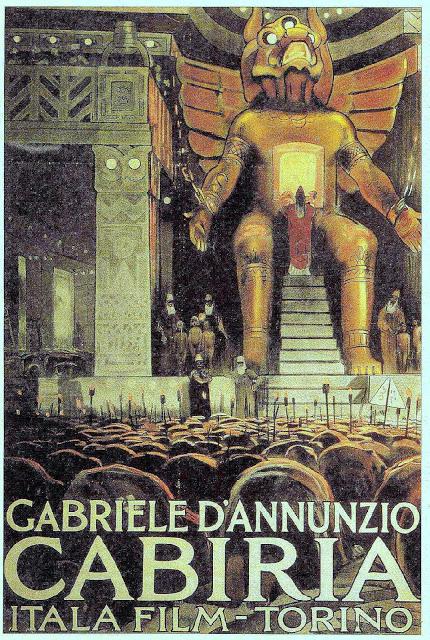
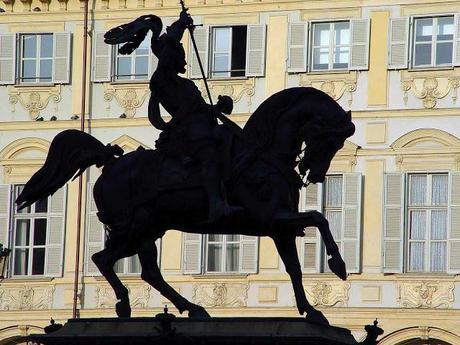
Again in Turin, Arturo Ambrosio and Roberto Omegna began their adventure from a small photography shop, in the heart of the city, in via Santa Teresa. The “Ambrosio Film” quickly became one of the most famous production company in Italy.
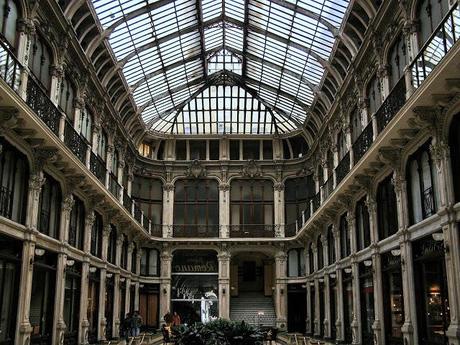
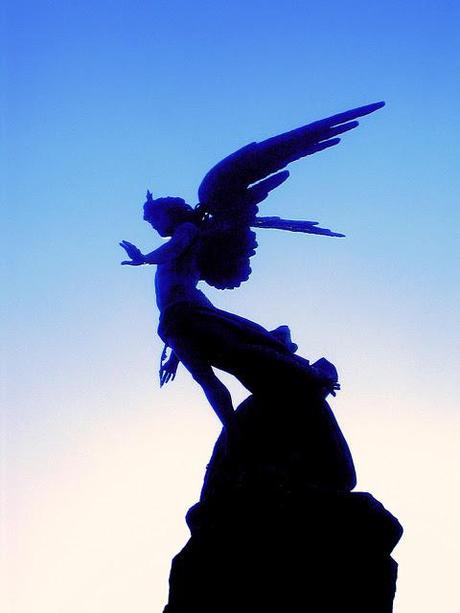
In 1907, the two businessmen moved their studios from via Nizza to the new stages in Borgo Dora, among Via Verona, Via Catania and via Cagliari, in the same places where today is located the Film Commission Torino Piemonte, a Turin-based company that deals with the management and promotion of the Piedmont as an ideal location for Italian and foreign movie productions.
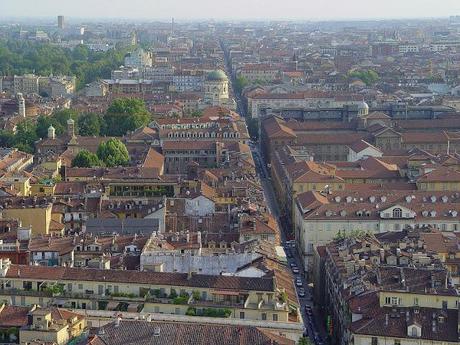
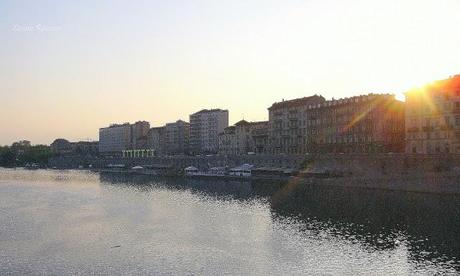
The Ambrosio Film, in via Catania, had a building of over 3000 square meters, with modern equipment and studios. In the close via Mantova, were instead tailoring workshops, dressing rooms, make-up rooms and services for filming. All this within only at a walking distance from the city downtown.
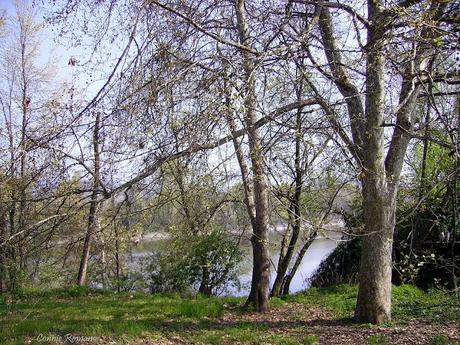
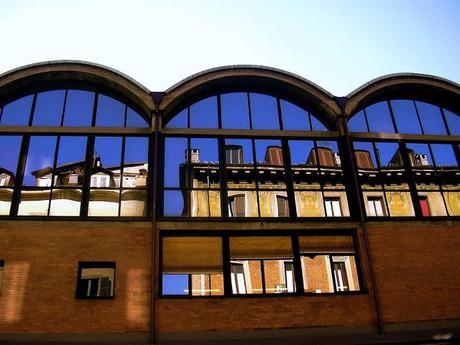
In 1907 in Turin was held the first Italian movie competition. And, in 1911, among the jurors sat Louis Lumière and Paul Nadar, two illustrious names of the history of cinema and photography.
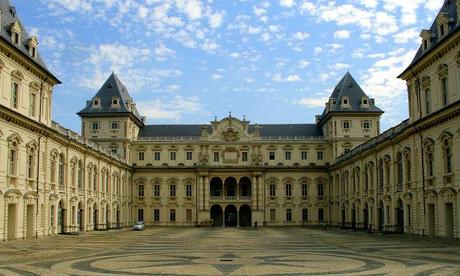
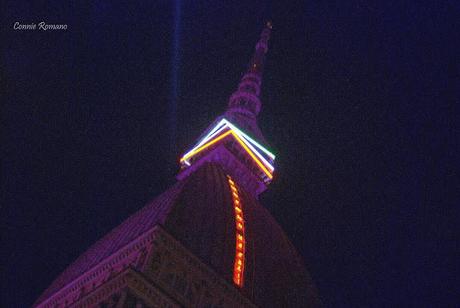
All this artistic and industrial heat unfortunately was short-term, with the arrival of the First World War. But, for those who know and seek, many of those old films are preserved and largely restored in the Cinematheque of NationalMovie Museum in via Sospello.
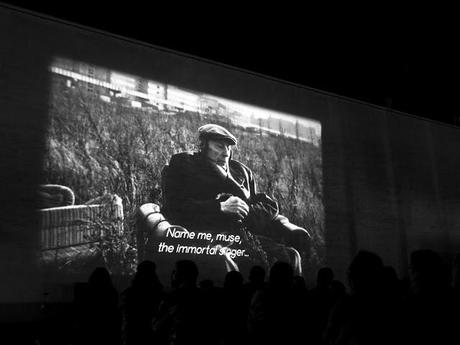
The headquarters of the famous National Museum of Cinema, which houses the permanent exhibition is located in via Montebello, just inside the building symbol of the city: the Mole Antonelliana. Here, in a spiral that runs through five floors , we see the wonders of movie: memorabilia, sketches of costumes, sets, posters, scripts, autographs contracts, collections ranging from archeology of cinema to contemporary production.
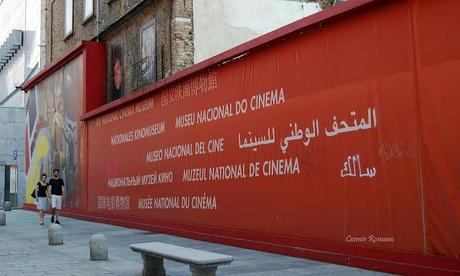
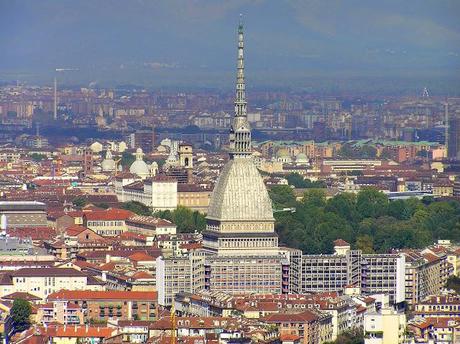
We gets excited to see Federico Fellini’s scarf and hat, the Marilyn Monroe’s bustier, the original costumes of "Lawrence of Arabia" or Charlie Chaplin’s bowler.
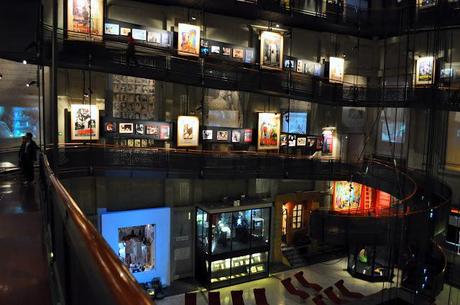

There are also organized special events and staged numerous exhibitions. The same Turin citizens are never tired of taking a walk to the Mole, where they can always learn something new about the cinema and take the opportunity to look at their city from above, going up the panoramic elevator.
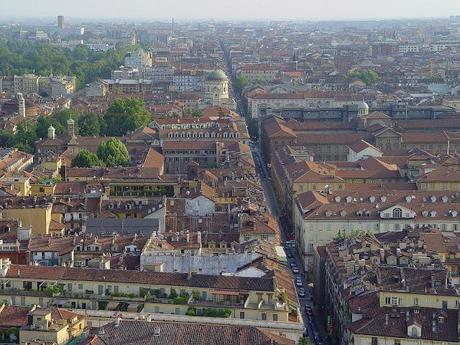

The Museum, founded in 19 41 by historical and collector Maria Adriana Prolo, is supported in the projections by the Cinema Massimo, which is right in via Verdi. Here almost every day of the year are planned retrospectives, exhibitions, meetings with directors and famous names in movie world.
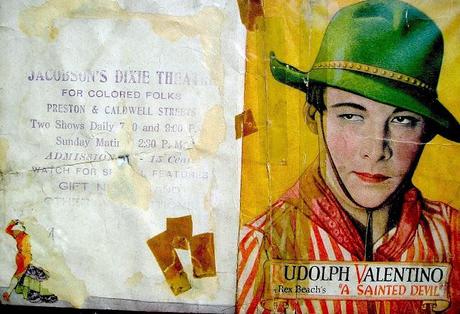
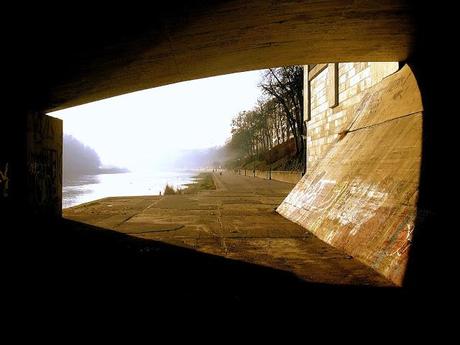
Starting from the most important: the Torino Film Festival (TFF), an international movie festival that takes place every year in November, during this event the city attracts amateurs and professionals, artists and celebrities, all united by the desire to see and make quality cinema.
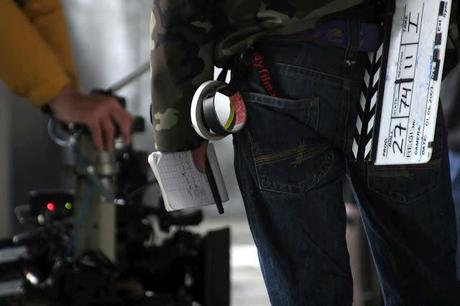
Productions that need the support of super modern technologies are turning to Virtual Reality & Multimedia Park or Lumiq Studios, born from the ashes of the glorious Fert productions, in corso Lombardia, which has a swimming pool for underwater shooting, graphics laboratories, 3D studios and virtual studios, the Europe largest "blue box", a projection and multifunction room and every wonder of modern cinema technology.
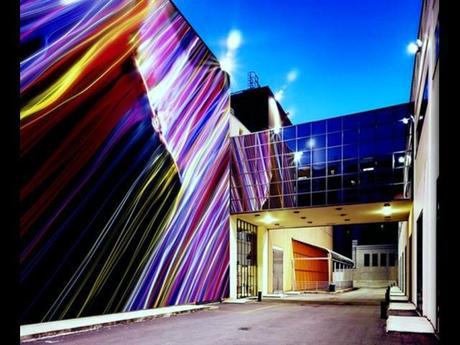
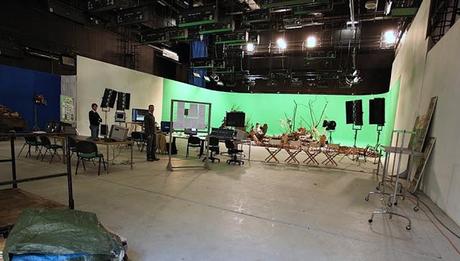
Even the prestigious National School of Cinema has a home in Piedmont: the Experimental Center of Cinematography, just a few km from Turin. Here the students, admitted by national selections, can take courses leading to everything related to the techniques of design and construction of animated images, then be entered direct in the world of movie through internships at major international European production companies.
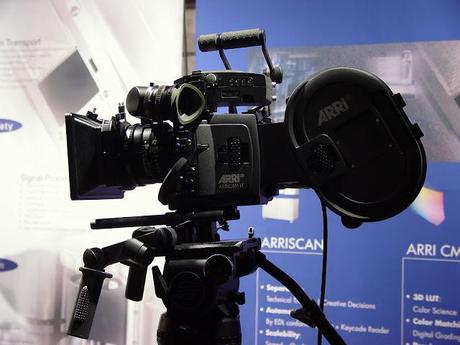
But that's not all. Turin and landscapes of Piedmont are often chosen by international film productions, which use it as a live stage; from the ancient city, to the old industrial architecture, including large green parks next to the mountains and striking lights on the city rivers.
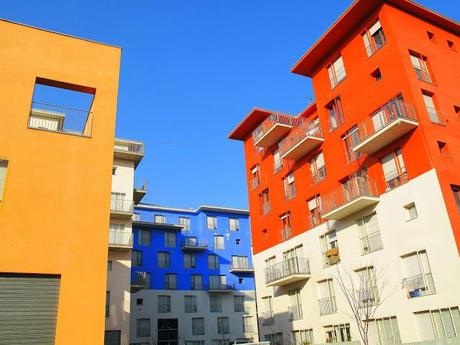
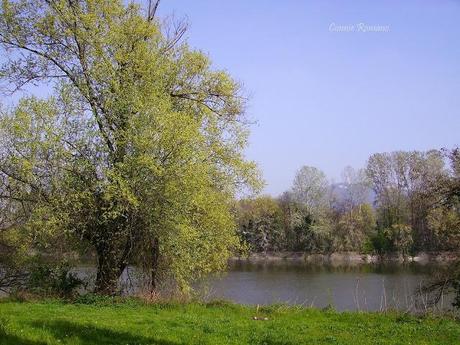
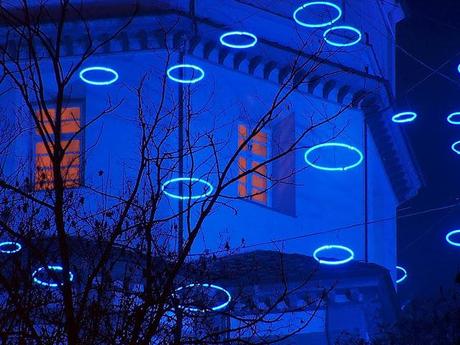
But the most evocative story, dedicated to this city and the movie, is the film of Italian director Davide Ferrario: "Dopo mezzanotte" (“After midnight”).
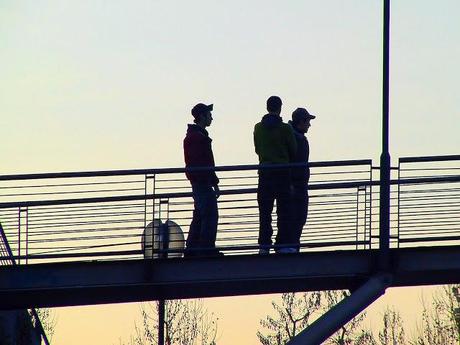
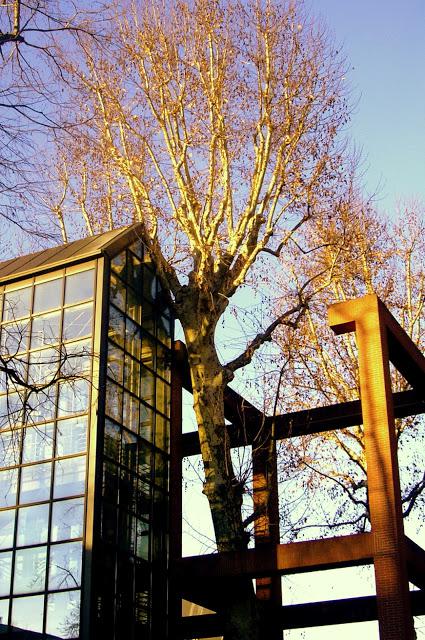
A wonderful love story about cinema, staged inside the Mole Antonelliana, along the river Po, in the quiet streets of this city; where the protagonists live in balance between dream and reality, thanks to the magic of Turin, perfect city to settle a movie.
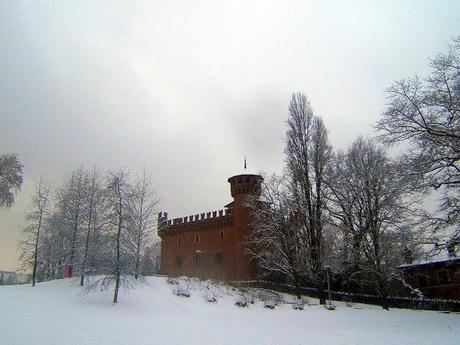
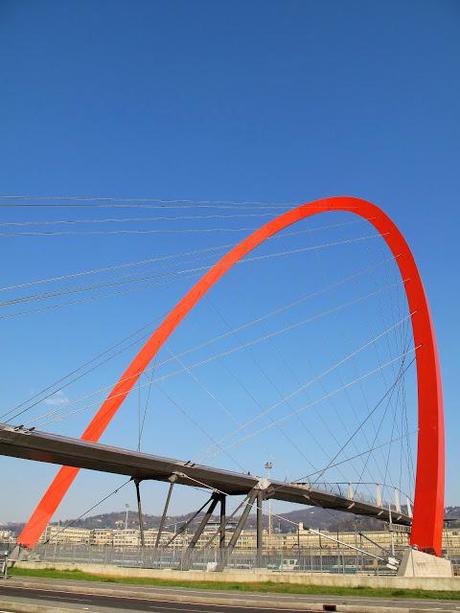
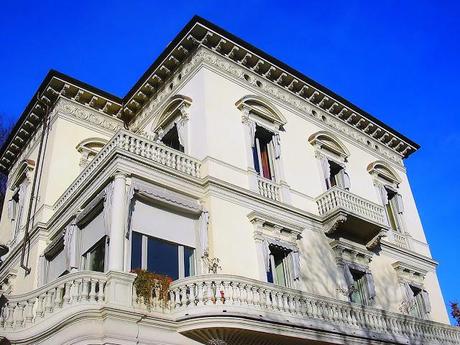
GIANDUIOTTO
Ingredients: Serves 4 Cocoa powder 80 g
2 eggs
Sugar 150 g
100 g butter
Macaroons 100 g
Toasted hazelnuts 50 g
1 cup of whipped cream
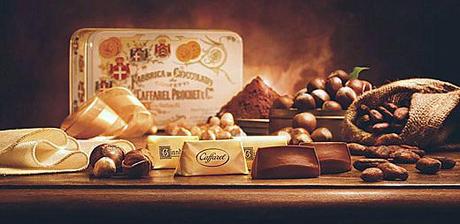
Preparation: Put a whole egg and egg yolk in a bowl, incorporate the sugar and beat until the mixture will become foamy. At this point, add the cocoa and mix well. Cut the butter into small pieces and place in a bowl, soften the butter by heating the cup with steam produced by the water boiling in a saucepan.
Stir in the sugar mixture and cocoa, stirring well with a wooden spoon or a whisk. The butter should become creamy, then blend it perfectly with the other ingredients.
Finely chop the almonds, crumble macaroons and combine the cream, stirring very carefully.
Cover with a greased paper a bit oiled a mold of charlotte, put in the mixture and level the surface. Place in the refrigerator to chill for a couple of hours.
